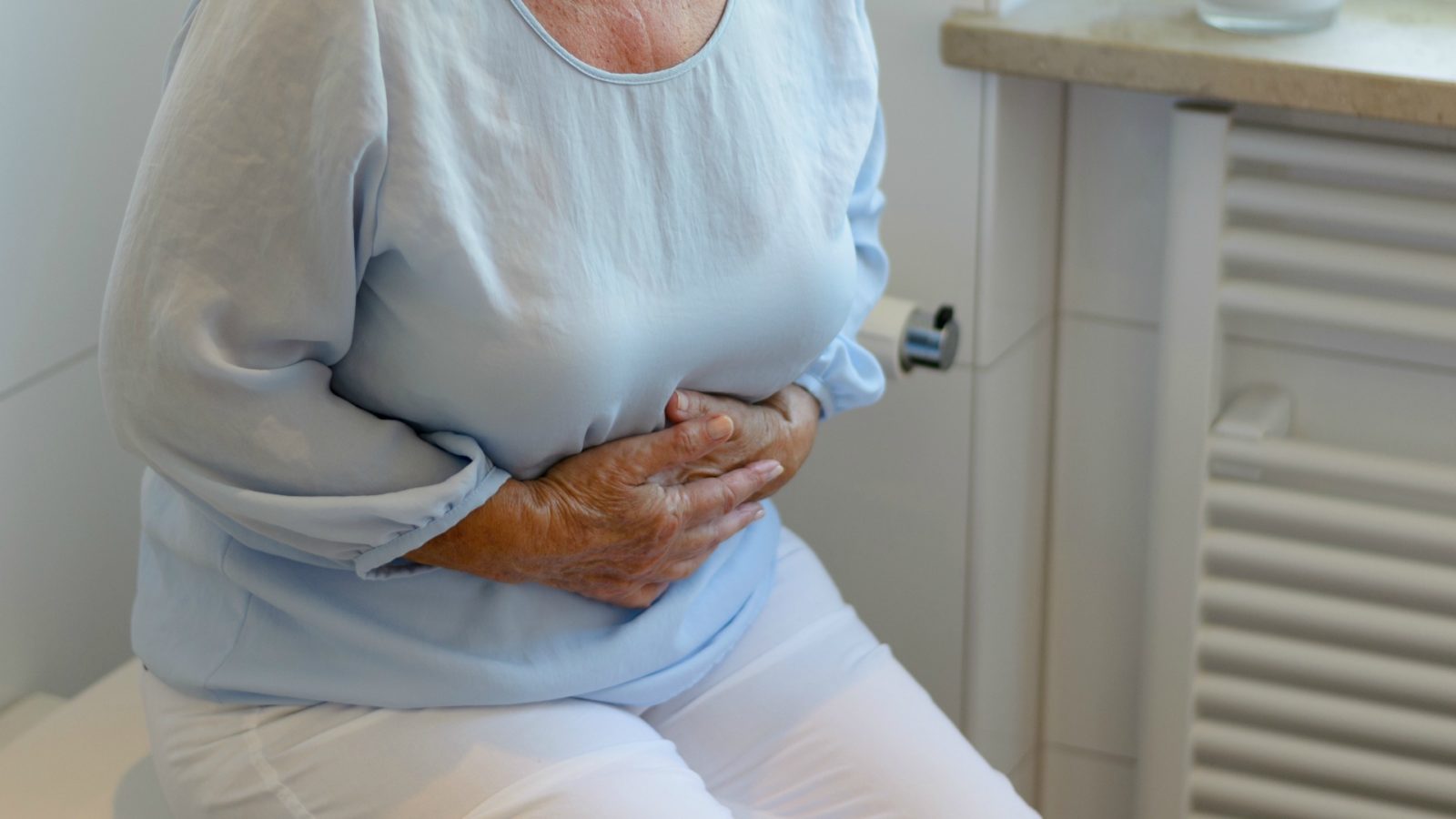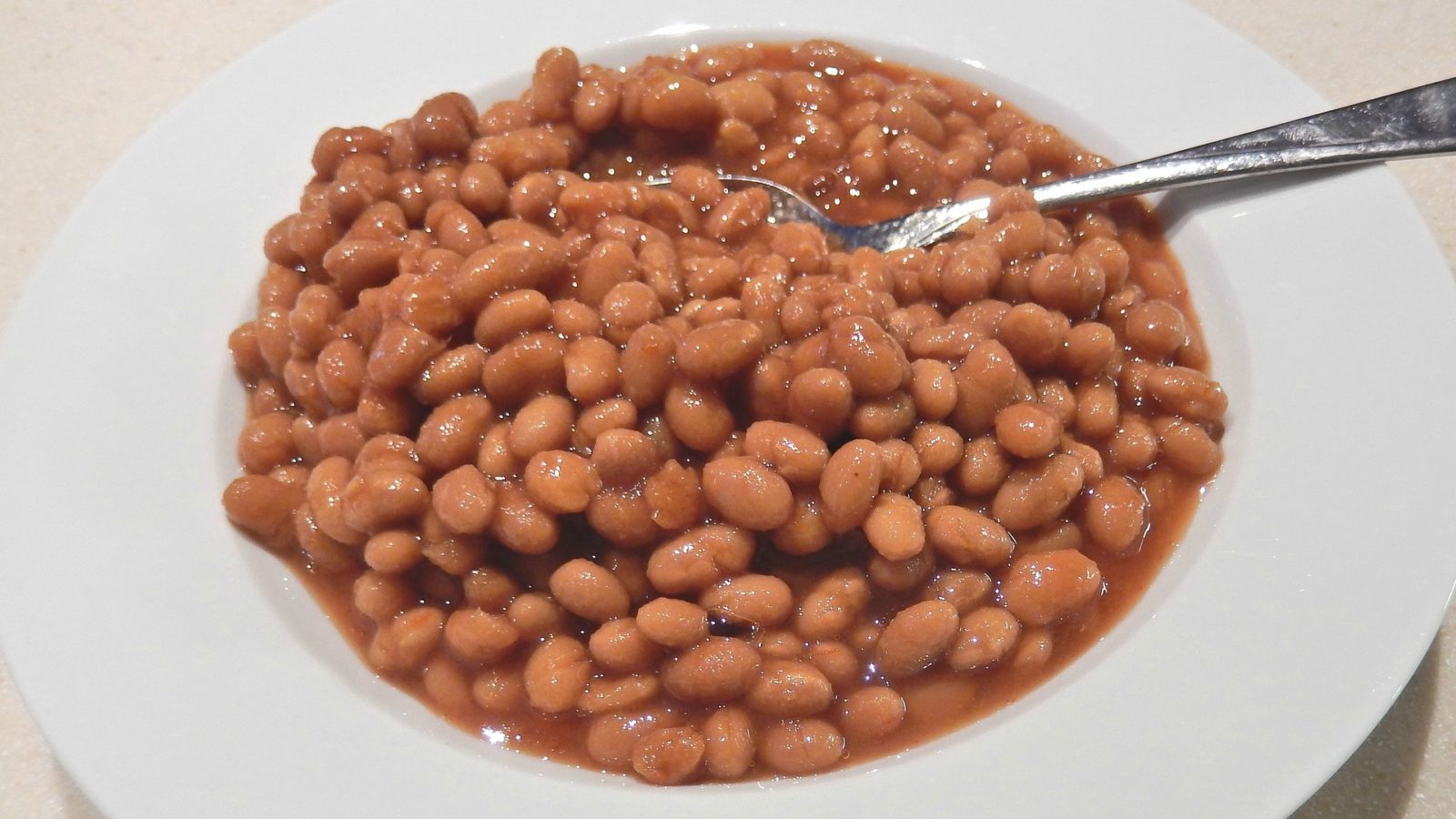
Belching from behind. Dropping your guts. Cutting the cheese. Whatever you call it, passing wind is something everybody does – even if people don’t like to admit it.
While letting one rip in a public setting or in front of prying eyes and noses can be embarrassing for all involved, farting is a normal bodily function and occurs as part of the digestion process. The body breaks down food and produces gasses which escape the rectum as farts, while air can also be swallowed and cause people to beep their horn.
In what might be devastating news for some, it’s actually more common as people age.
“As you get older, you do start to pass a little more gas,” Professor Terry Bolin, Founder of The Gut Foundation, tells Starts at 60. “Men will always pass more gas than women in larger amounts and with greater frequency.”
Older women will break wind around seven times a day, while the average for men is 12 times.
“But there’s a wide range,” Bolin says, pointing out that some people pass wind a lot more and a lot less without there being an issue.

While some farts are extremely smelly, more than half of gas doesn’t permeate a strong odour. Experiencing constipation, stomach bloating, stomach pains and diarrhoea can make gas smellier than normal, while certain medications including non-steroidal anti-inflammatory drugs, laxatives and statins can give farts an unpleasant odour, according to the NHS.
In these cases, talk to a GP about ways to improve bowel movements or if alternative medication is an option.
“If you notice a change or a persistent change, then you might need to have it looked at,” Bolin says.
Read more: From smells to sounds: The truth about holding in a fart
The key is recognising how much gas is normal for the individual. If a person begins to consistently experience more flatulence than is normal for them or farts that are smellier than usual, it could be a sign that something isn’t quite right, or that you’ve eaten something that doesn’t quite agree with your digestive system.
Changes to diet can cause people to produce more gas. Foods high in fibre such as beans, nuts, seeds, potatoes, whole grains and oats can make people fart more, so it could be a case of cutting back on them slightly.

“If you change your diet and eat more fibre, you’ll pass more wind,” Bolin says. “It’s a natural consequence.”
Still, these foods are vital for a healthy gut and digestive system and it’s not encouraged to remove them completely from diet.
In other cases — particularly for those with gut issues such as lactose intolerance — the body can’t digest certain foods properly and produces increased amounts of gas as a result. Talking to a GP about the best way to manage digestive issues is important.
Others who adjust medication and diet but continue to experience excessive gas may be living with a more serious gut condition such as colitis. This condition causes the colon to become inflamed and causes an array of side effects including flatulence, cramping and pain. Various treatments and medication may be prescribed and it’s usually tailored to individual cases.
It’s also possible for a weak pelvic floor to increase levels of gas passed, and in these cases pelvic floor exercises can help reduce how much gas you’re passing daily.

but there isn’t medication to stop gas in these cases. Antibiotics could cause major changes to the gut microbiome which could have other side effects and other medications aren’t recommended.
“There isn’t any other medication that you would choose to take,” Bolin says “It’s part of life. You have to get on with it.”
At the end of the day, farting can assist overall digestive health and rather than holding them in, it’s better to let them out to avoid a grumbling stomach, discomfort and pain, but always chat to a health professional if you believe your farting habits are impacting your overall health.
Read more: Feeling sluggish? The best ways to manage good gut health